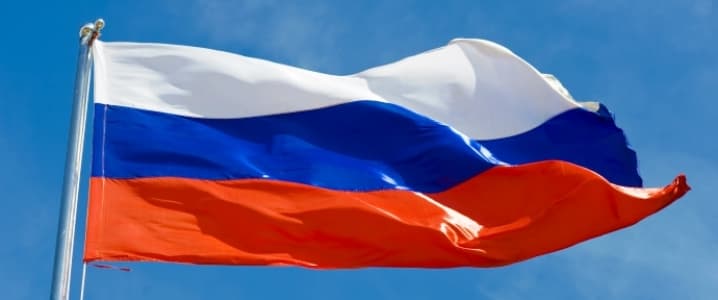Here’s a fun fact about Russia: it gets a fifth of its energy from hydropower. This might sound shocking for a country whose image is so tightly linked to oil and gas, but Russia has a lot of big rivers and it’s putting them to good use. Now, Moscow is moving into other renewables and, more interestingly, energy storage as well.
Energy Minister Alexander Novak said earlier this week that Russia could find a place among the world’s leaders in solar power generation and energy storage. Russian solar panel makers, the minister added, can already produce an efficiency factor per panel on par with global leaders, at around 20 percent, although some of the world’s leading producers have already exceeded that figure.
Renewables news stories from Russia are not a frequent occurrence, and that’s understandable: there are too many oil headlines and there have not been indications from Moscow that clean energy is a priority. Yet it might well become a priority in the future, as part of the diversification drive among oil-dependent economies.
Earlier this year, Russia launched its biggest renewable power auction to date, seeking bids for 1.9 GW in wind power generation capacity. Bids received topped 2.3 GW, despite unattractive local content requirements. Related: Is This The Missing Link In Lithium Batteries?
These envisage a certain percentage of the equipment that will be used in the new installations to be made locally, and this percentage is rising as a way of stimulating job creation. For 2017, it was 40 percent. This did not deter bidders, though. In fact, the world’s top wind turbine producer, Vestas, is opening a factory for turbine blades in Russia to comply with the local content requirements.
Another recent announcement concerns solar power. Despite EU sanctions against Russia, joint research on various initiatives is proceeding as usual: Russia’s state nuclear major Rosatom has partnered with the French Alternative Energies and Atomic Energy Commission on joint research into alternative energy sources and energy storage.
Energy storage is a top priority for everyone active in renewable energy and Russia is no exception. The Kremlin has plans to draw 4.5 percent of electricity from renewable sources by 2024, which means 5.5 GW of renewables capacity and the energy storage systems to offset the intermittency of wind and solar energy generation.
Rosatom has plans to start mining and selling lithium and possibly even develop its own lithium-ion batteries. The company is focusing specifically on EVs. “The evolution of the car business is going much faster than predicted,” senior executive Kirill Komarov told Bloomberg in an interview. “We plan to accumulate the whole integrated line of everything starting from lithium and up to final batteries or even some cooperation with car producers.”
Earlier this week, researchers from the Moscow State University announced they had developed a new method for the synthesis of cathode material that could significantly shorten battery charging periods. This method, according to the team, can reduce the charging times for car batteries down to 30-60 seconds for up to 75-80 percent of capacity. This compares with 30 minutes for recharging 80 percent of the battery at Tesla’s Supercharger stations.
Related: Who Is Winning The Market Share War In China?
Moscow seems very serious about energy storage. So serious that in August the Energy Ministry published a concept paper on the development of energy storage. The paper identified three priority areas, including energy storage systems for the grid; storage systems for utility-scale electricity consumption; and “hydrogen energy,” which means storage systems to be used in electricity applications that require autonomy, mobility, and zero emissions.
Anatoly Chubais, head of Rosnano, a $10-billion state investment fund, said recently that energy storage development can completely change the face of the energy industry. He added, speaking at the Vienna Economic Forum, that this transformation could take place within the next decade. It might be worth keeping a closer look at energy storage news from Russia.
ADVERTISEMENT
By Irina Slav for Oilprice.com
More Top Reads From Oilprice.com:
- The Natural Gas Giant To Challenge Israel
- Strong Crude Draw Boosts Oil Prices
- Why Russia Is Playing All Sides In The Middle East


















